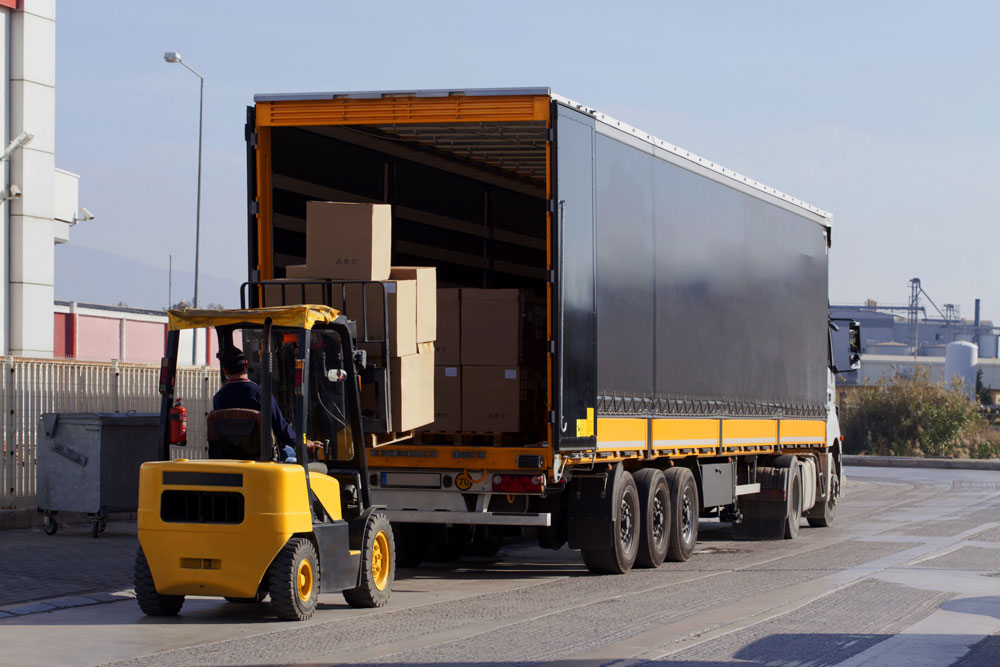FTL (Full Truckload)

When a cargo owner rents a container, the whole of a container, the freight is called FTL.
Thus, the whole container is in the cargo owner’s hand. In this freight, the large cargos that needs the full capacity of a container are transported.
In full truckload, the person who has rented the whole container has to pay the container cost, whereas in less- than- truckload (LTL) the transport cost is shared among the persons who have rented a container and shared it.
FTL can be selected when:
• Transporting large quantities (10 pallets or more to one destination);
• Transporting fragile or high-risk cargos (they might not require the whole capacity of a container but the owner wants to be on the safe side);
• A fast transporting is required (FTL is a fast transportation because it carries only one cargo to its destination and it needs one stop: the destination).
LTL (Less -Than -Truckload)

When small cargos that do not fill up a whole container need to be transported, several small cargos will be combined in one container and transported by one truck.
Each consignors is charged for the space used by their cargos.
Groupage transport is a term in freight forwarding and it denotes a transportation using a shared container among several consignors. When the quantity or size of a cargo is less than a container capacity, it is better that the cargo is sent with the others collectively. As a result, the transportation cost will be reduced and divided among the consignors.
LTL is an ideal solutions for transporting a wide range of items, for example:
• When several packages should be delivered to same destination;
• When items such as heavy package, furniture and camping equipment should be delivered;
• When moving to a new place, LTL may be a good choice based on the number of packages.
